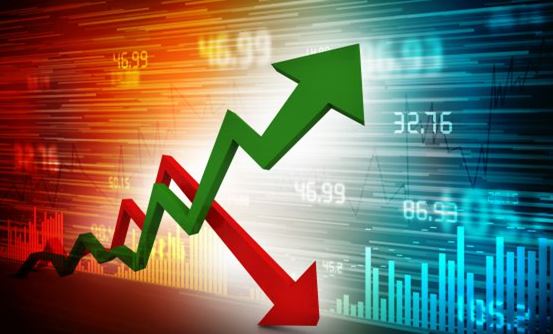

The world of finance is an interconnected web made up of many kinds of market participants. Political events, central bank policies and environmental happenings can all affect how markets trade and traders need to be alert to all of the above in order to trade successfully. However, as big as forex, commodity and bond markets are, and as much as they are connected to one another, it could be said that equities (stocks) markets alone are the underlying driving force in the financial markets.
One issue with using global equity markets to make forex trading decisions is figuring out which leads which. The basic theory is that, when a domestic equity market rises, confidence in that specific country grows as well, leading to an inflow of funds from foreign investors. This tends to create a demand for the domestic currency, causing it to rally versus other foreign currencies. On the flip side, when a domestic equity market performs terribly, confidence falters, causing investors to convert their invested funds back into their own local currencies.
Currency traders are always looking for trends and economic outlooks to predict the potential movement in a currency. Some look at economic reports or GDP, or trade relations, but you might be able to predict these reports using the equity markets. Equity markets have thousands of firms around the world producing hundreds of reports every day that can be a useful source of information for currency traders.
A major equity market can also influence forex markets in another way. A weak currency favors exporters in that particular country. When your domestic currency is weak, exports are cheaper abroad. That helps fuel growth and profits of those exporters. When earnings are growing, equity markets tend to do well. Of course, the situation is most likely to occur in equity markets backed by the major global currencies – the U.S. dollar, the yen, the euro, the British pound, etc.
When equities are cheap, corporate earnings are dropping substantially, economic growth is stalled and equities’ prices will show signs of bottoming out. It is at this point that currency traders should be most optimistic and look to buy some of the currencies that will benefit most from an upturn in the economy. When equities are expensive, it is likely that the bull market is in its final stage. Utility stocks and blue chips tend to be the only stocks making new highs and small cap stocks are starting to slide. Whenever equities are either expensive or due for a correction, forex traders should act to avoid those currencies that have moved up in tandem with equities.
To receive new articles instantly Subscribe to updates.